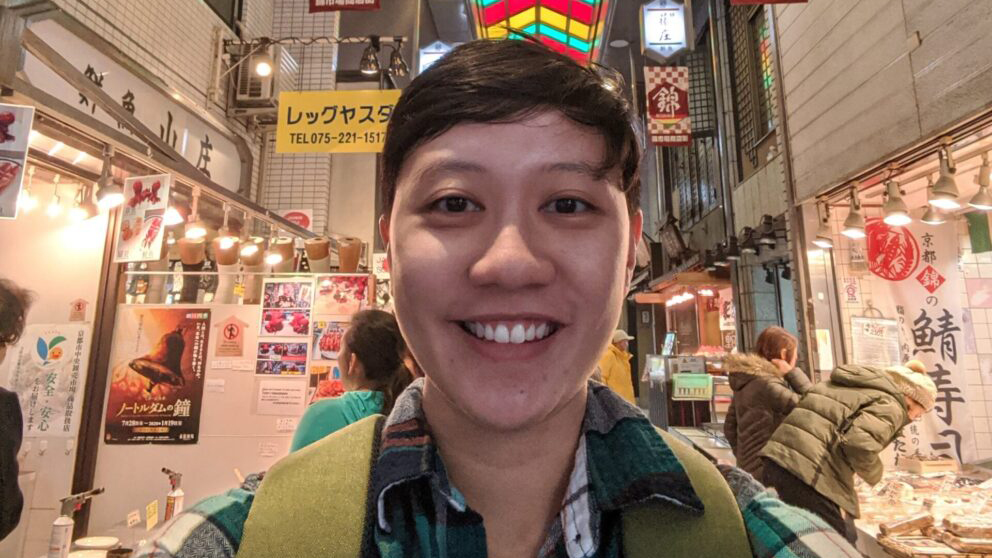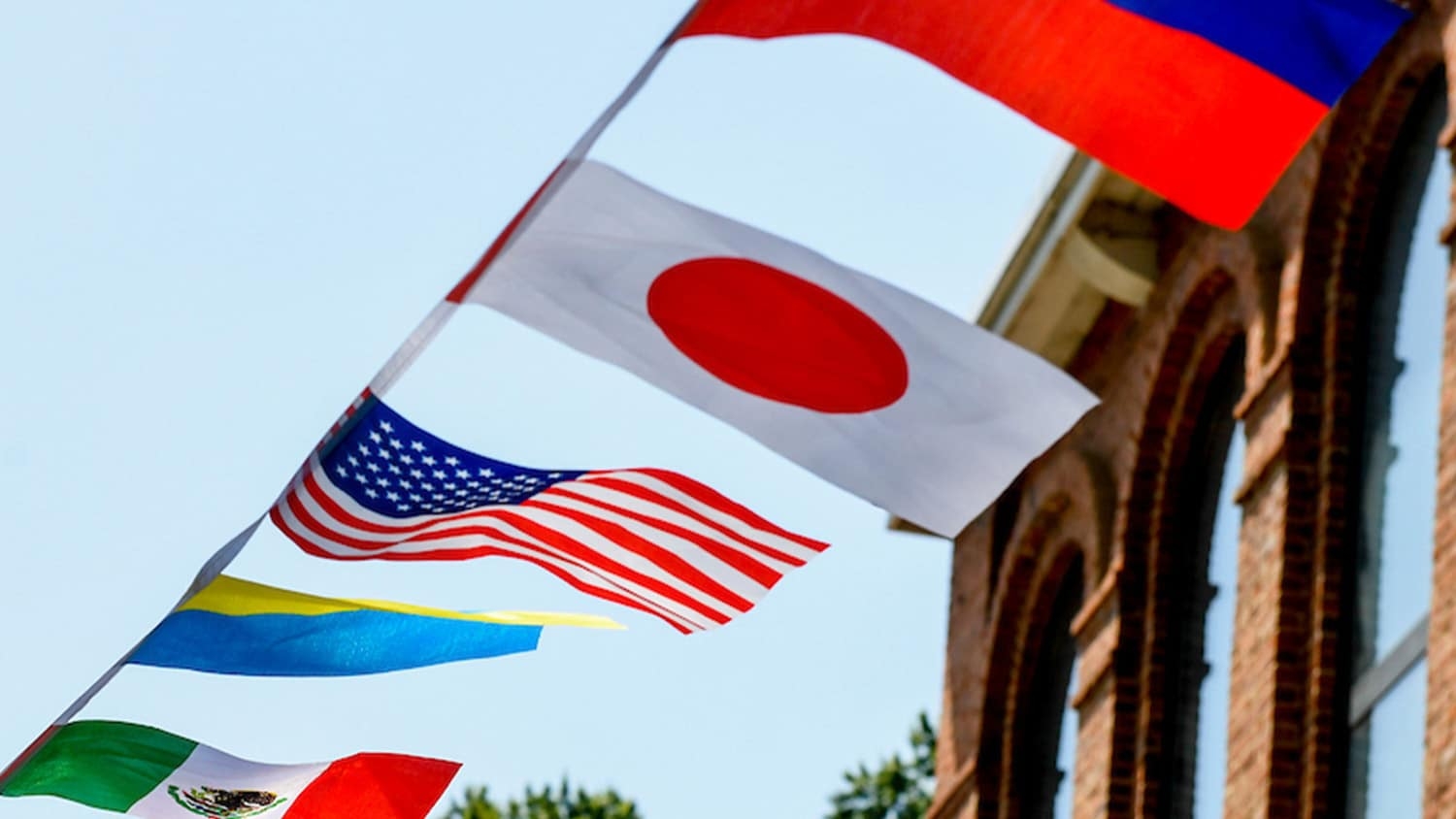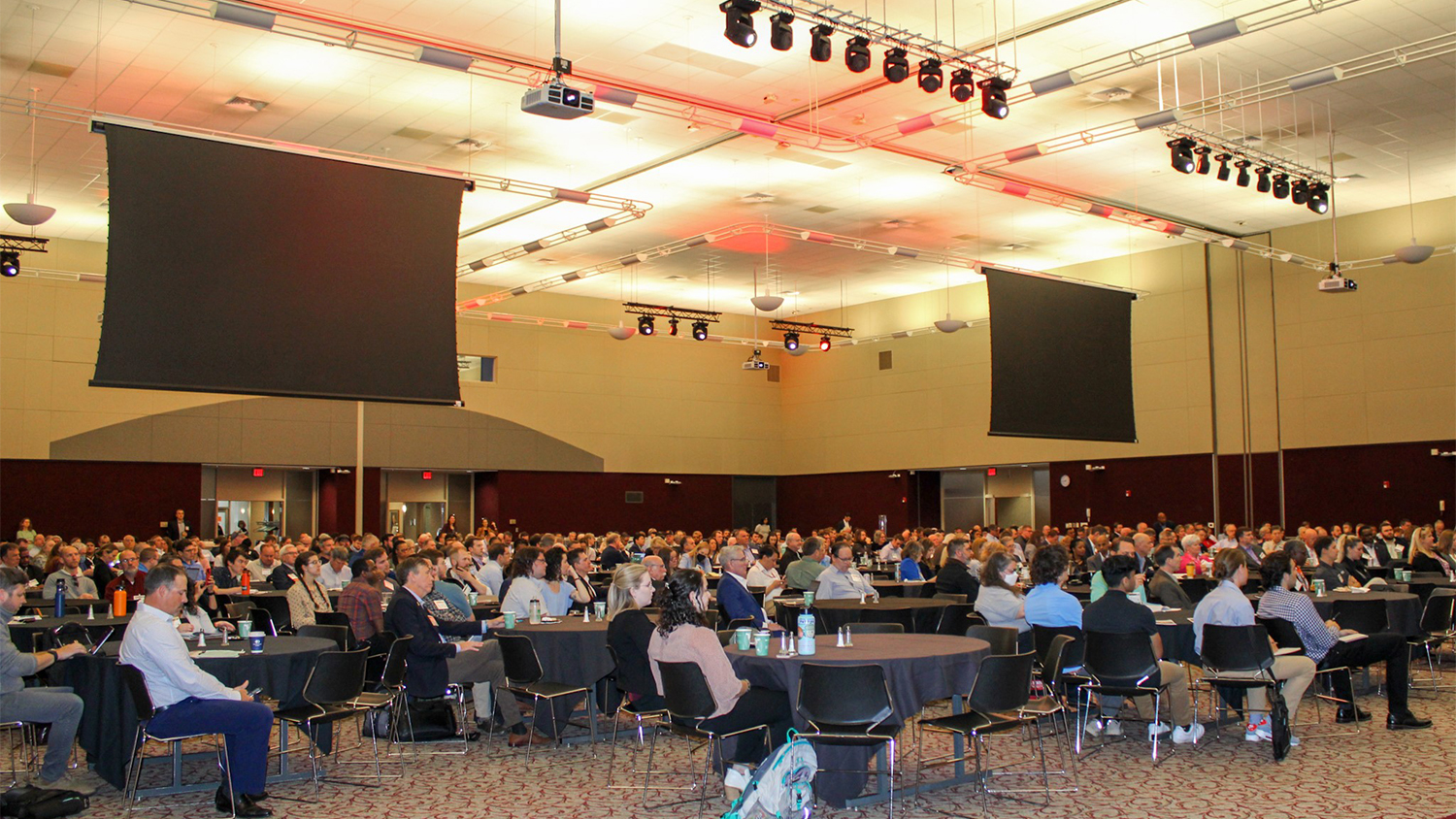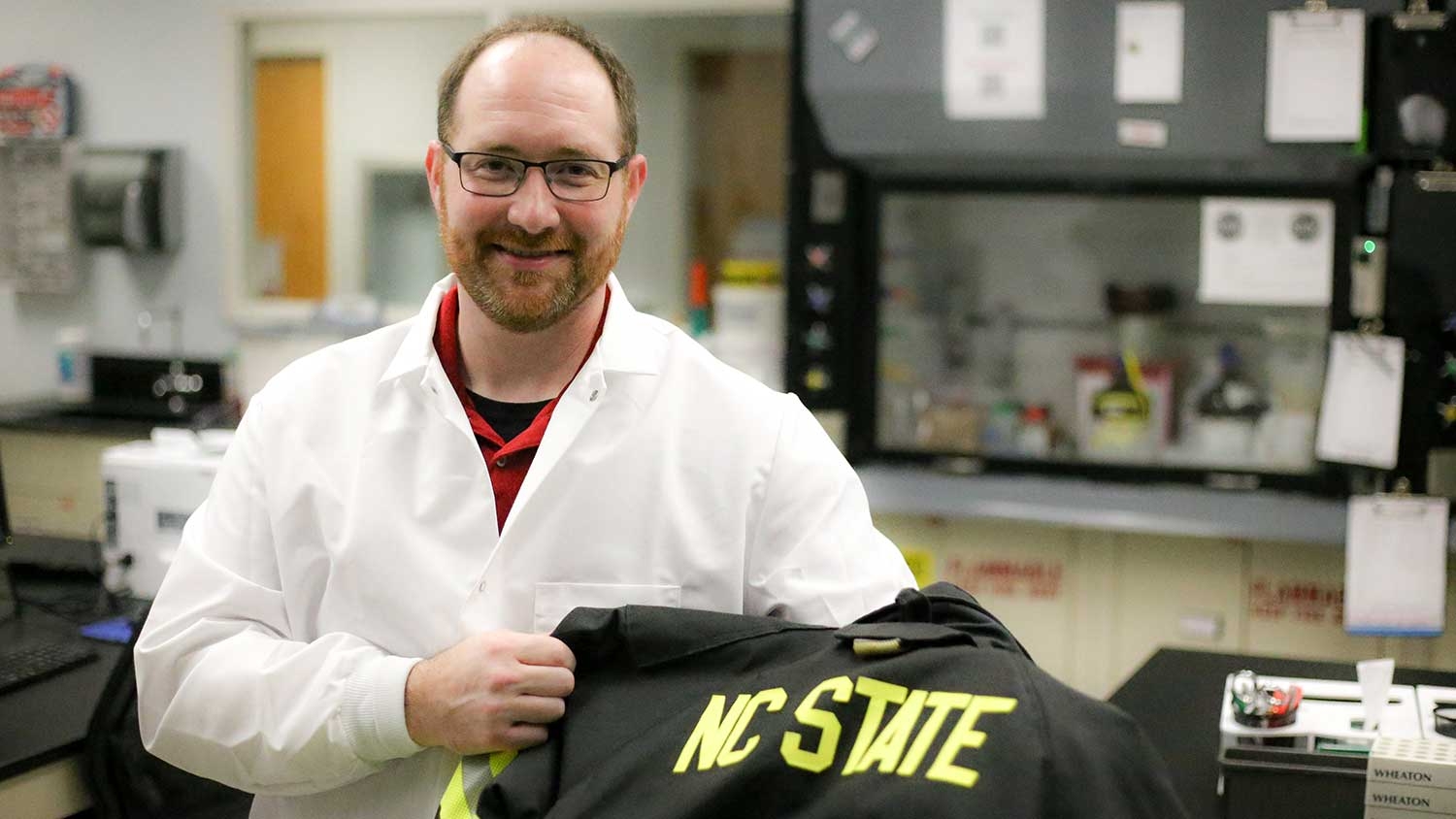Staples of the Goodnight Scholars Program, like the annual LEGO Brick Build, were once just thoughtful ideas and goals that were eventually executed by Goodnight Scholars like alumna Jesseeca Nguyen ’15. Jesseeca remembers being involved with many “firsts” in the Goodnight Scholars Program, and also reminisces on memories from her time at NC State like doing a co-op with DuPont and participating in Shack-A-Thon. 7 years after graduation, Jesseeca now works as an engineering manager and is pursuing an MBA degree. Read more in our lastest Goodnight Scholars Alumni Spotlight.
Goodnight Scholars Program: Tell us about yourself!
Jesseeca Nguyen ’15: My name is Jesseeca Nguyen, and I hail from Charlotte, NC. I graduated in 2015 in Chemical Engineering with a concentration in biomanufacturing. I’m currently living in Southern Virginia working for Honeywell as a process engineering manager. In my free time, I enjoy spending time with my husband (also a Chemical Engineer from NCSU–Go Pack!) and our two dogs. We love to snowboard, hike, and travel!
During your time at NC State, you were heavily involved in extracurricular activities, volunteer experiences, and professional development. Can you tell us about the time you spent as President of the Goodnight Scholars Executive Committee?
Serving as the President of GSEC was an extremely rewarding and challenging experience because it was one of my first big leadership experiences. Since the Goodnight Scholars community had done so much for me, I wanted to volunteer my efforts in leading GSEC. Today, the committee is a lot different, but the intent is the same: to give scholars the opportunity to provide their own programming and experiences.
I learned so much about planning, working within a team, building up team members’ strengths, and organizing. This experience prepared me the most for my current management position because my main role was to push the team to success.
Looking back, what were a few experiences from the Goodnight Scholars Program that you will always cherish and remember?
Being one of the first few classes, I was lucky enough to be present for many “firsts” in the Goodnight program. I was present for the first Goodnight participated Shack-a-Thon where we shared our shack with another NCSU community. My class also experienced the first retreat which consisted of a day visit to the SAS campus and a wet day in the pool in the first cardboard canoe competition (my team didn’t win).
Easily my favorite memory though was leading GSEC through the inaugural Brick Build! Our team wanted to create an everlasting experience for not only the Goodnight Scholars, but also the NCSU and Raleigh community. Our first Brick Build started as a competition, something we wanted to be similar to the Krispy Kreme Challenge initially, but I really like how the Build has really focused on being a community event instead. It was extremely rewarding to work with a motivated team to take something from idea to reality over the year.
During undergrad, you did a Co-Op with DuPont as a Manufacturing Technology Engineer Co-Op! What made you decide to pursue doing a Co-Op during undergrad, and what were some important lessons you learned? Any advice to someone who also might be interested in doing an engineering Co-Op, or Co-Op in general?
Co-ops have more involvement than summer internships, and I was interested in fully immersing myself into the work experience so I chose to pursue a co-op. My co-op was down in Mobile, AL so I pushed myself out of my comfort zone to leave North Carolina on my own, move to a place where no one knew me, and work for a few months with DuPont. I learned great independency lessons, both personally and professionally. At work, I had mini projects that were very similar to projects that I received as a full-time new hire so the co-op was great preparation for real-world experience. Keep an open mind, use the time to learn and ask questions (everyone is always willing to help a co-op student,) and network as much as possible. To land a good co-op, work with the Career Development Center Co-op Offices and attend an informational session so you can get started!
Since you have graduated, you have worked in various engineering roles in the private sector. What engineering role do you currently have and can you talk a little about the transition into your role? What does your day to day look like?
I am currently the Process Engineering Manager for the Honeywell manufacturing site in the Colonial Heights, VA site, and I have been in this position for almost a year now. My experience as a process engineer in the oil and gas industry and with Honeywell has made the transition to manager smooth because I have seen a few different manufacturing facilities and understand engineers’ motivations. It’s still a big change moving from an individual contributor role to a management role because you have to learn to take your ego out of your work and think of ways to build up your team. I am no longer a ship focused on the speed of my individual ship or the size of my cargo; now I am the ocean focused on lifting up all the ships and minimizing the currents for everyone. I have many 1-1 meetings with my team, and they are all working on different projects to support multiple areas of the plant, so it is my job to ensure they’re working on the right things that progress the plant. I am also much more focused on the long-term strategy of our operations.
You are currently balancing being a full-time engineer with also taking MBA classes! Where are you pursuing your MBA? How has the balancing act been going, and what made you want to pursue an MBA in addition to working?
I am pursuing my MBA at Virginia Commonwealth University in Richmond with an expected graduation of December 2022 after 3 years of part-time school. My process engineering experiences have given me an insight to the manufacturing process and supply chain optimization, but I wanted to pursue an MBA to help me understand the financial decisions and risks that a company tackles. Discipline and flexibility are the keys to a successful balance; I learned to download audio versions of case studies or articles to listen on my commute or when I’m walking the dogs. Sometimes, I’m re-watching recorded lectures when I’m folding laundry. The most valuable thing about the MBA program to me is that I’ve gotten a lot more exposure to other students with different backgrounds. At NCSU, I was always surrounded by engineers, but at VCU, I am in class with data scientists, financial analysts, accountants, and entrepreneurs so we all have different perspectives.
What does it mean to you being a woman in STEM and engineering? What would your advice be to someone who reads this spotlight and wants to pursue engineering or a similar path as you did?
It’s not easy being a woman in STEM and engineering, but I do think it’s extremely rewarding because I’m able to offer my perspective, diversity, and ferocity to my team. The most successful advice given to me is to get a mentor who is also a woman in STEM or engineering who you can discuss the challenges with together.
During COVID, the manufacturing sector was significantly impacted by the supply chain shortages faced throughout the world, in addition to a myriad of other problems. Can you tell us about your experience working in manufacturing during COVID?
In the beginning of COVID, there was a lot of uncertainty that led to our company having to make some tough choices. Some jobs were minimized, everyone at our site got furloughed for two weeks (meaning we didn’t work and didn’t get paid), and we had to shut the site down for a week because the operations team had a few infections in critical areas of the plant. At the time, I was a process engineer in the critical area, so I had to lead an emergency shutdown and subsequent start-up of the entire plant which was an extremely difficult time.
As COVID continued, we beefed up our sanitary and masking requirements which helped us avoid major infections again. However, all of the engineering teams were still required to work in the facility; the work from home lifestyle was not an option for us because the engineers are very critical to the safe, quality operations of our plant. Most of my friends have been transitioning to remote working as a permanent workstyle, but it just doesn’t quite work for our site.
This post was originally published in Goodnight Scholars Program.
- Categories:



